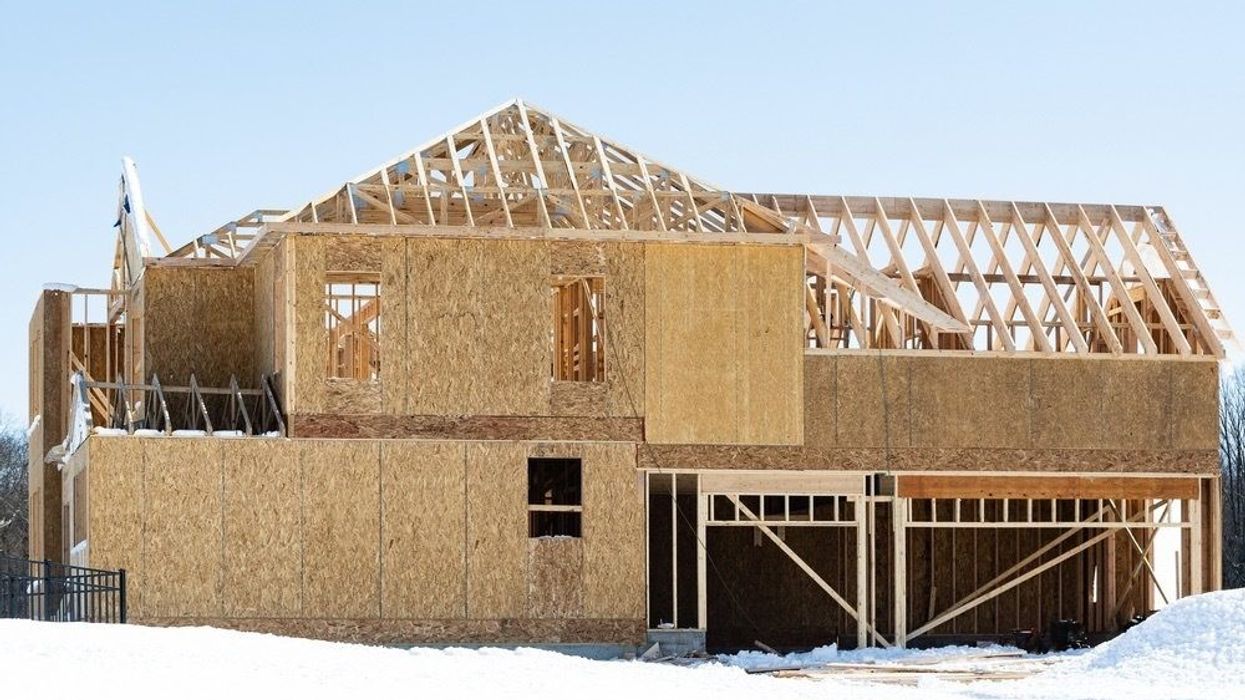Immigration is key to the construction industry -- always has been, always will be. The industry has traditionally relied on newcomers to fill labour gaps when enough domestic workers can’t be found.
With more and more workers retiring, this pipeline of labour is more important than ever. An estimated 100,000 construction workers in Ontario are expected to hang up their toolbelts over the next decade. In the Toronto area alone, nearly 43,000 construction workers are set to retire by 2030. Shortages are expected in several trades as the domestic supply can not keep up with demand, so we must open the doors to get more people with specialized skill sets into the construction industry.
Read: Is Canada’s Immigration System Worsening Housing Affordability?
The industry was busy before COVID-19 hit and has not slowed down since. We are in a housing crisis. Families need homes to live in. The need is substantial. Many of those who are retiring work as voluntary trades in the residential construction sector. These are people with specialized skill sets. Homebuilders rely on them to do specific types of work. Without them, the homes can not be built. They are a critical part of the residential industry.
An Aging Workforce Presents Challenges
For many years, we have been demographically blessed as many of the trades were in their prime working years. However, that has changed and the workforce is aging.
Domestically, we need to expand the specialized skill set training programs and provide employer incentives related to these trades. However, immigration is also essential for the industry to remain healthy.
The province has stepped in with a number of programs, including investing an additional $90.3M over three years for the Skilled Trades Strategy. Ontario is also enhancing the Ontario Youth Apprenticeship Program and the Pre-Apprenticeship Training Program, as well as expanding the Ontario Jobs Training Tax Credit.
But more must be done. We simply can not train the number of workers that are required. The fact remains, we will still need immigrants.
The provincial government has called on the federal government to double the annual intake of skilled immigrants allowed to work in Ontario. Specifically, the government has asked to increase the allocation under the Ontario Immigrant Nominee Program (OINP) from 9,000 to 18,000 annually.
RESCON supports this request because increasing the number of immigrants under OINP would give the province flexibility to bring in more immigrants to fill the demand for workers with specialized skill sets.
Reducing Immigration Red Tape
We must make it easier for immigrants with international experience in voluntary trades to come to work and live in Ontario.
Canada’s immigration system has disproportionately recognized immigrants with formal education, certificates and language skills. But foreign-trained construction workers, especially in the voluntary trades, are overlooked.
RESCON, with the support of the Ontario Skilled Trades Alliance (OSTA) and other industry associations, is requesting that the Ministry of Labour, Training and Skills Development expand the list of professionals allowed under the nominee program to include those workers that fall under other skill level classifications -- and allocate OINP spots on a regional basis to address labour market needs.
Read: 'A Perfect Storm': The Ability to Produce New Housing is Only Getting Harder
Additionally, RESCON wants up to 1,000 immigration spots set aside for general labourers who have construction skill sets, verifiable work experience and secured sponsorship.
Repetitive paperwork must also be removed to provide employers a streamlined hiring process. Employers with a proven track record and previous use of the OINP system should be eligible for an even further streamlined application process.
We need to remove barriers and red tape and get back to targeting the specific skill sets and skilled trades careers that are in demand.
Quebec is allowed to select immigrants needed to fill in the demand for specialized careers and Ontario must have the same right.
Immigrants bring value to our economy. A recent survey indicated that immigrants are often buyers of new homes within their first five years of arriving in Canada.
We must continue to support domestic training and hiring but also promote a healthy pipeline of new immigrants with trades skills.
Newcomers have always played an essential role in addressing our labour shortages. Today is no exception. We must ensure that the door is open -- and that the welcome mat is out for new immigrants.





















